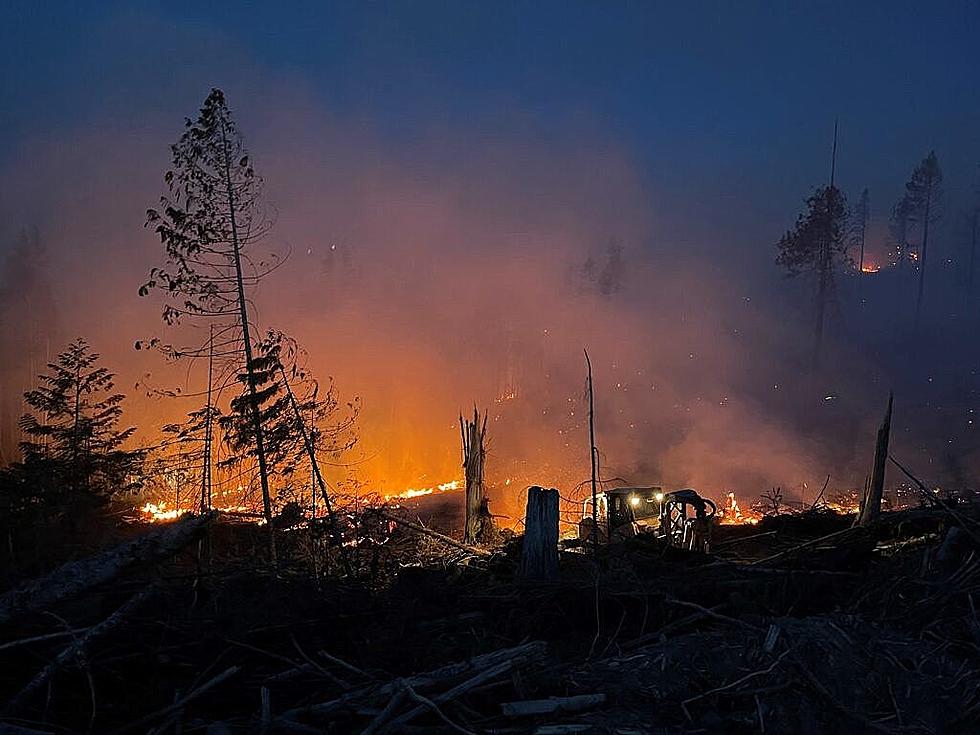
UM Study – Micro Plastics Found in Flathead Lake
Every year scientists say up to four million tons of plastic debris travel from rivers into oceans, however, UM researchers are finding that more of the microscopic debris are staying in area rivers.
Assistant Director for the Flathead Lake Biological Station, Tom Bansak, said plastic fibers are being found in the Flathead Lake ecosystem, through research being done by Chinese researcher Xiong Xiong.
“More people are starting to study the plastics that end up in our rivers, where the go and where they come from,” said Bansak. “In addition to the broken down microplastics, we’re starting to see a lot of plastic fibers in the ecosystems. They come from things like our clothing, our Patagonia fleeces and long johns. Those plastic fibers enter the ecosystem after we’ve done our laundry. After making things out of plastic for the past 50 years, we’re just catching on to the fact that this plastic is ending up in our rivers.”
Bansak said China is one of the world’s top producers of plastic and is also at the forefront of this new science.
“Here at the biological station we have a visiting Chinese researcher who is bringing that research to the Flathead where it’s never been done before,” he said. “Flathead Lake is like our ocean and we have this big river system upstream and he’s doing research here to see how much plastic is in the Flathead Lake and river system. Then, by looking through a special kind of microscope he can determine the type of plastic and the source.”
Bansak said the first step is understanding the scope of the problem.
“I read one study in Europe showing that 25 percent of the people studied had plastic in their gut,” he said. “Plastic they had consumed unknowingly from plastic bottles and different foods that have plastic in them, and even beer. Over in Europe they tested beer and they found plastic in 30 percent of the beer they tested.”
Bansak said they’re just beginning to see the scope of the plastics problem.
“At a global level, from both an ecosystem and ecological health standpoint, but even a human health standpoint,” he said. “If you are consuming plastic without knowing it and its ending up in your belly, who knows what’s happening to it.”
Bansak said the concept that if even a place as pristine as Flathead Lake has plastics in it, then it’s everywhere.
For more information about Xiong’s microplastics research, visit the Flathead Lake Biological Station website.
More From Newstalk KGVO 1290 AM & 98.3 FM









